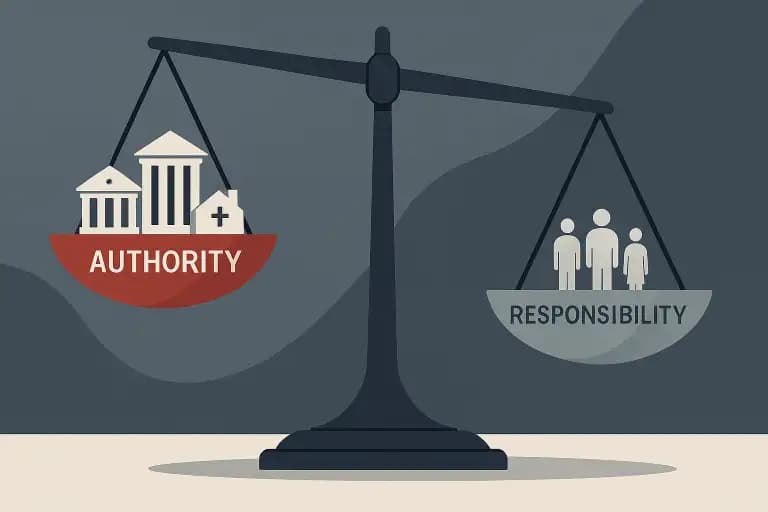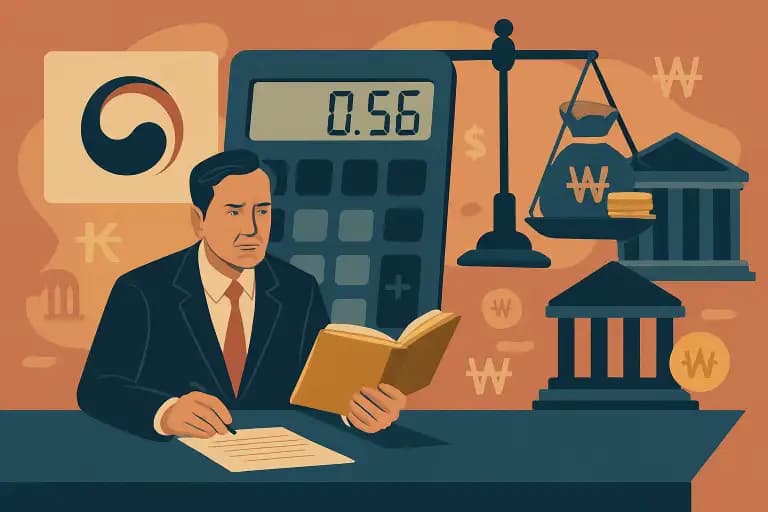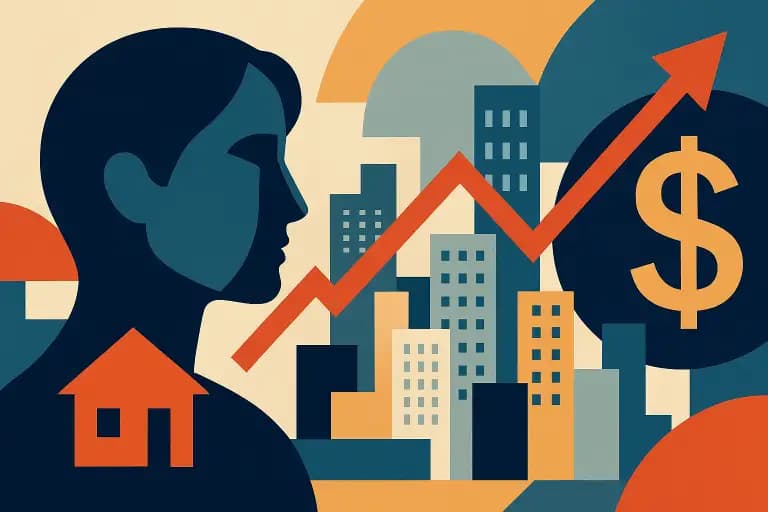Economy News
Reporting, analysis, and commentary on economy from Breeze in Busan.
Why Korea’s Housing Policies Preserve the Bubble
South Korea’s real estate boom built a nation on belief, turning apartments into currency and housing into ideology. What began as housing policy evolved into an economy of leverage and faith, where stability preserves imbalance and prosperity hides erosion.
Debt, Demographics, and Divergence: Why Korea Risks a Split Housing Economy
Korea’s households carry one of the heaviest debt loads in the OECD, with most mortgages tied to floating rates. That fragility makes the economy hypersensitive to policy shifts and sustains property speculation even as consumption weakens and provincial vacancies mount.
Independence or Privilege? Inside the Battle Over Korea’s Financial Supervisory Service Reform
The Financial Supervisory Service has sweeping powers over banks, insurers, and securities firms—but little structural responsibility when scandals erupt. The government’s reform plan seeks to fix this imbalance, sparking fierce resistance from within.











